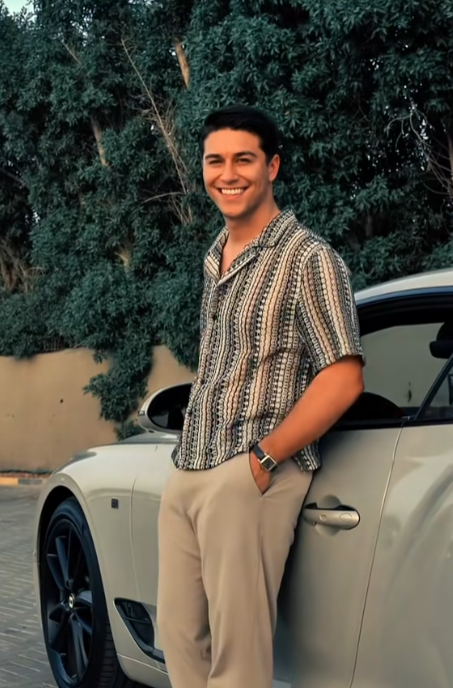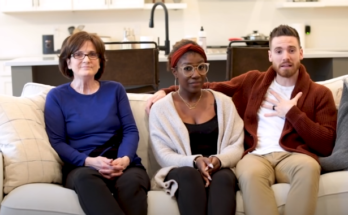
We often grow up hearing that lies are dangerous, that dishonesty ruins relationships and breaks trust. While that is certainly true in many situations, there’s another side of the story that is often overlooked: sometimes, it is not the lie that cuts the deepest, but the truth. The truth has a power that lies can only imitate—a raw, sometimes brutal force that reveals, shakes, and even destroys what once felt stable. It is the truth, not the lie, that has the most lasting impact.
The Comfort of Lies
Lies, as harmful as they may be, often provide a cushion. People lie to avoid conflict, to protect someone’s feelings, or to escape consequences. These lies—white lies, harmless fibs, or calculated deceptions—can create temporary comfort. For example, telling someone they did well when they didn’t, or hiding an uncomfortable opinion to avoid hurting them, often keeps peace on the surface.
In relationships, many people tell small lies every day. “I’m fine,” when they are not. “I love it,” when they really don’t. Lies allow people to maintain harmony, even if it’s fake. Over time, this fragile illusion can feel safer than confronting the potentially painful truth.
The Unbearable Weight of Truth
Yet, when the truth emerges, its weight can be unbearable. A partner discovering infidelity. A child learning their parent isn’t the hero they believed. A person realizing their dream job is slowly draining their spirit. These truths don’t just appear—they pierce, they shatter, and they stay. While lies are soft and often slow to leave marks, truth is sharp and quick, cutting straight to the heart.
Why is truth so painful? Because it often forces change. Lies maintain the status quo, but truth demands action. It challenges our perceptions, forces us to face consequences, and sometimes alters the entire course of our lives. That’s why it’s the truth—not the lie—that causes the most lasting harm.

When Truth Destroys Illusions
We build our identities, relationships, and beliefs on what we think we know. When a hidden truth comes to light, it can unravel those foundations. Imagine living for years believing your spouse loved you fully, only to find out their affection was fading all along. Or discovering that the person you admired deeply had hidden flaws you never suspected. These revelations don’t just change how we see others—they often change how we see ourselves.
A lie can be repaired or forgiven. But the truth? It changes the story entirely. Once it’s out, we can’t go back to the way things were. We can’t “un-know” what we’ve learned.
The Double-Edged Sword of Honesty
Of course, truth isn’t always a weapon. Sometimes, it’s a gift—a liberating force that brings clarity and peace. But even then, it comes with a cost. Telling the truth might mean losing someone’s trust, making someone cry, or breaking something that was once beautiful. People who pride themselves on brutal honesty often forget that truth is like a sword—it can cut clean, but it can also wound deeply.
There’s a reason people hesitate to tell the truth. They fear not just the moment of revelation but the ripple effects that follow. Being honest means accepting responsibility. It means accepting that you might hurt someone, even if your intention is right.
Real-Life Examples
Take whistleblowers, for example. People who reveal truths within organizations—about corruption, abuse, or illegal practices—often face intense backlash. Their truths are necessary for justice, but they come at a personal cost: job loss, threats, public scrutiny, and emotional trauma. These truths save others, yes, but not without causing immense pain to those who dare to speak them.
In families, too, hidden truths often lie beneath generations of silence. Secrets about parentage, past trauma, or financial instability can live quietly until one day, they erupt. The lie may have protected family unity for years, but the truth can tear it apart in a single sentence.

The Healing Power of Truth
Still, there is hope. Not all truths destroy—some set us free. The pain they cause is often the beginning of healing. Think of someone who finally confronts a toxic relationship after years of denial. The truth hurts, yes, but it also allows them to reclaim their power and move forward.
The truth, while painful, often brings authenticity. It lets us live more honestly, connect more deeply, and love more purely. It forces us to grow. While lies keep us comfortable, truth pushes us to evolve. And though evolution is painful, it’s also necessary.
Navigating the Balance
So how do we live with this contradiction? Knowing that lies are harmful, but truth can be even more so?
It comes down to intention, empathy, and timing. Speak the truth, yes—but with compassion. Not every truth needs to be spoken at once. Some truths can be revealed gently, over time. Others may never need to be spoken aloud if doing so only causes needless harm.
Before speaking a hard truth, ask yourself: Is this helpful? Is this necessary? Will this bring healing, or am I only speaking out of anger or pride?
Sometimes the kindest thing you can do is tell the truth. Sometimes, it’s the cruelest. Wisdom lies in knowing the difference.

Final Thoughts
“It is not the lie that harms, but the truth.” This phrase challenges our assumptions about morality and honesty. It reminds us that truth, while often held as the highest virtue, carries its own burdens. Lies deceive—but truth reveals. And revelation, though powerful, is not always painless.
If lies are the soft shadows in the background, truth is the glaring light we must face. It is in that light that we find who we really are. Not who we pretend to be, not who we wish we were—but who we are, when all illusions fall away.
Truth does not always make things better. Sometimes, it makes things worse before they get better. But truth, unlike lies, has the power to transform, to awaken, and ultimately, to heal—if we are brave enough to face it.



